Speaker Bios
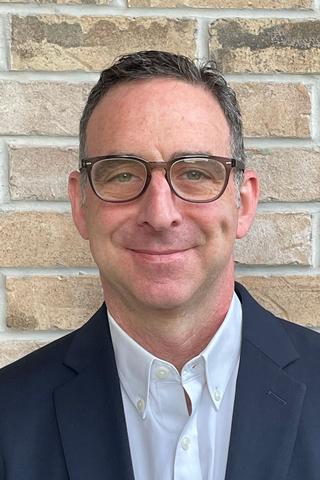
Dr. Adler is an emergency physician, educator, and researcher. He received his medical training at the University of California at San Francisco and his residency training in emergency medicine at Highland General Hospital in Oakland, California. Dr. Adler has been core faculty in the University of Rochester’s emergency medicine residency program since 2006. He is the Director of Emergency Medicine Research and also directs the SAEM-approved Emergency Medicine Research Fellowship and the International Emergency Medicine Fellowship.
Dr. Adler is the site principal investigator for URMC’s participation in the SIREN network and has served as site-PI for a number of multi-center federal and industry sponsored trials. Dr. Adler is currently the principal investigator in a line of research evaluating interventions to increase cancer screening uptake among emergency department (ED) patients. Disparities in healthcare access are often magnified among ED patients who are disproportionately likely to be non-adherent with cancer screening recommendations – making the ED a target-rich environment for interventions that increase screening uptake.
Dr. Adler is the in-coming emergency medicine Co-Chair of the NCI-supported Comprehensive Oncologic Emergencies Research Network (CONCERN).
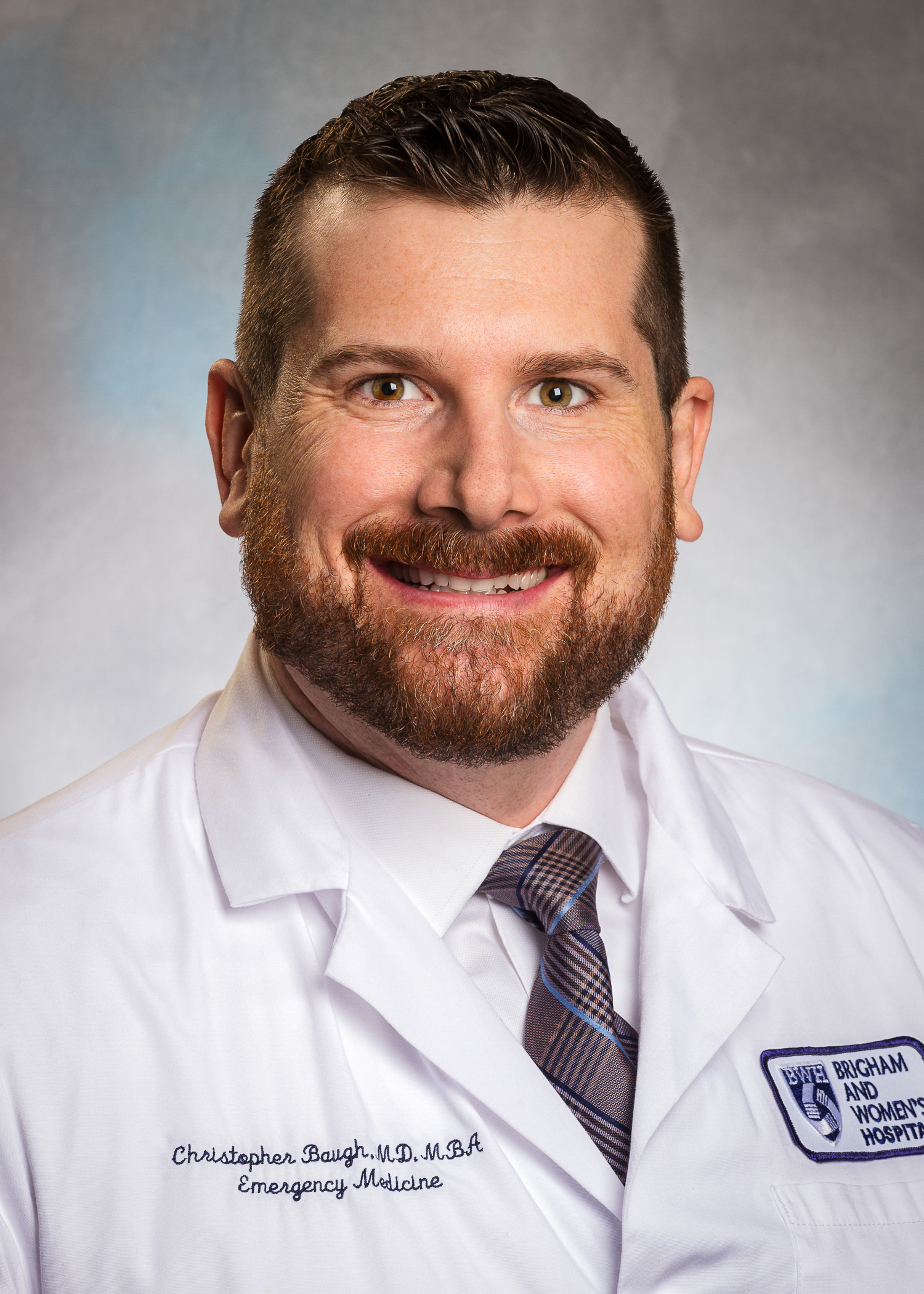
Dr. Baugh is the Vice Chair of Clinical Affairs of the Department of Emergency Medicine at Brigham & Women’s Hospital and Associate Professor of Emergency Medicine at Harvard Medical School. Dr. Baugh trained in Emergency Medicine at Brigham and Women’s & Massachusetts General Hospitals’ combined residency program, focusing his career in Observation Medicine and accelerated diagnostic pathways during this time. He became medical director of the ED observation unit in 2009, launched a second one in 2014, and opened and directed the Brigham’s urgent care center in Foxborough, MA between 2011 and 2015. From 2015 through 2018 he served as the Medical Director of the Department of Emergency Medicine. He has published on the clinical and administrative aspects of observation care in the New England Journal of Medicine, Health Affairs, Annals of Emergency Medicine and Academic Emergency Medicine. He recently served as Chair of the Observation Medicine Section of the American College of Emergency Physicians and is currently leading his hospital's emergency department redesign project to double the footprint and build an Oncology ED.
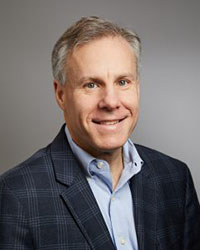
As the Associate Dean for Clinical Research for Geisel School of Medicine, Dr. Steven L. Bernstein is responsible for growing and supporting the School’s clinical and translational research programs, and, working with colleagues from across DH and Dartmouth College, aimed at developing opportunities and processes for clinical and translational research that span our organizations. Dr. Bernstein is part of the DISCOVER-FH Trial, a unique collaboration between DH and the FH Foundation. This collaboration brings FH patients, implementation scientists, clinicians, behavioral psychologists, human centered design experts, genetic counselors, and patient navigators together to develop a centralized model of cascade screening in hopes of improving the screening, diagnosis and treatment of familial hypercholesterolemia. Dr. Bernstein collaborates with the DISCOVER-FH Implementation Science Team in the use of implementation frameworks and strategies to meet the study aims.
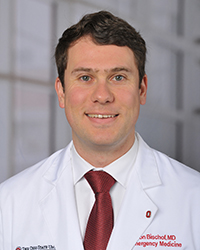
Jason J. Bischof, MD, is an Assistant Professor of Emergency Medicine at The Ohio State University Wexner Medical Center. He completed an Emergency Medicine Research Fellowship and was T32 postdoctoral fellow in Hematology at the University of North Carolina at Chapel Hill. Dr. Bischof’s clinical research interests include the acute care of patients with cancer in the Emergency Department setting with a focus on risk stratification and implementation of evidence based care pathways. Additionally, he is an active member of the Society of Emergency Medicine Oncologic Emergencies Interest Group and of the NCI supported Comprehensive Oncologic Emergencies Research Network (CONCERN).
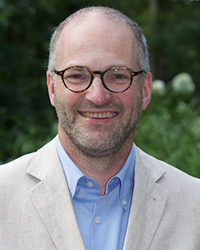
Jeremy Brown is Director of the Office of Emergency Care Research, part of the National Institute of Neurological Disorders and Stroke at the National Institutes of Health.
He trained as an emergency physician in Boston, and prior to joining the NIH he worked in the Department of Emergency Medicine at the George Washington University in Washington DC, where he was also the research director for the department.
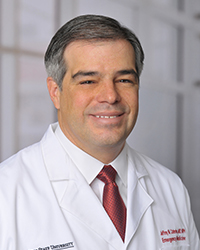
Dr. Caterino is Professor and Chair of Emergency Medicine and Professor of Internal Medicine at The Ohio State University. He is the current chair of the CONCERN network. Dr. Caterino’s research spans the aging and oncology fields. His primary area of interest is diagnosis and risk stratification of ED patients in these popultions. He is funded by NIA to improve the accuracy of diagnostic evaluations of UTI in older adults using novel biomarkers. In oncology, he led CONCERN’s inaugural multicenter observational study. Dr. Caterino currently mentors several NIH K awardees as well.
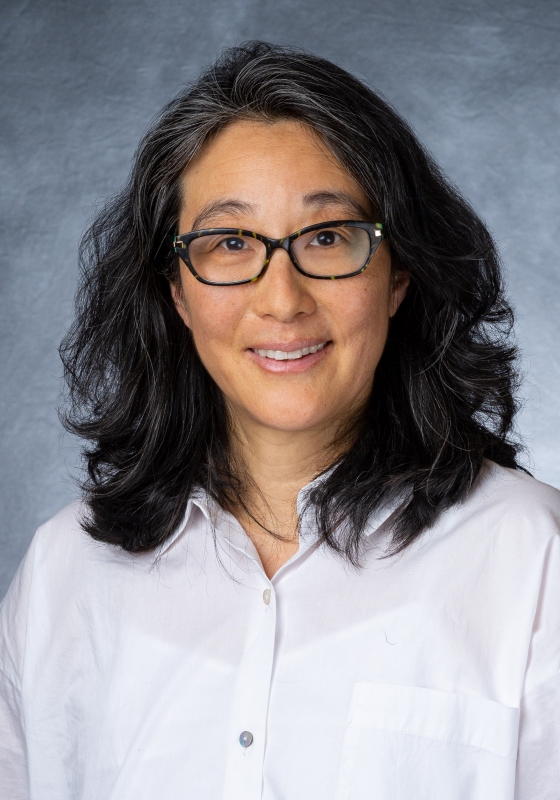
Dr. Chiao is a Professor in the Department of Epidemiology and has a joint appointment in the Department of General Oncology. She is board certified in both Medical Oncology and Infectious Diseases and she primarily treats patients with virally mediated cancers, and cancers in people with HIV (PWH) such as Kaposi Sarcoma and HPV-related pre-cancers. She is the chair of the Solid Tumor Working Group in the AIDS Malignancy (AMC), an NCI funded clinical trials consortium focused on providing access to clinical trials for PWH, and is a member of the Board of Scientific Advisors HIV and AIDs Malignancies subcommittee for the NCI. In addition to her cancer prevention and treatment clinical trials research, she is the principal investigator of several NIH funded projects on the epidemiology, and outcomes of virally mediated cancers and HIV-related cancers, which focuses on research utilizing large clinical databases and the development of clinical cohorts to help improve clinical outcomes and decrease cancer outcome disparities for PWH and cancer in low-income and marginalized communities. Dr. Chiao is also a principal investigator on NIH funded projects focused on improving screening for squamous HPV-related cancers for PWH and a co-investigator on projects to improve cancer screening, treatment and outcomes for HPV and other virally mediated cancers.
Dr. Chiao is the in-coming oncology Co-Chair of the NCI-supported Comprehensive Oncologic Emergencies Research Network (CONCERN).
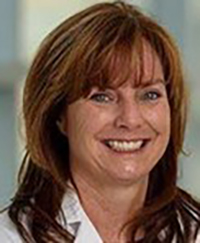
Deborah Diercks, M.D., is Professor and Chair of the Department of Emergency Medicine at UT Southwestern Medical Center. She holds the Audre and Bernard Rapoport Distinguished Chair in Clinical Care and Research.
After receiving her undergraduate degree in microbiology and immunology from the University of California, Berkeley, Dr. Diercks attended Tufts University School of Medicine. She completed her residency in emergency medicine at the University of Cincinnati and joined the faculty of the University of California, Davis, where she was a major contributor to the growth and development of its emergency medicine programs. She also holds a master’s degree from the Harvard University School of Public Health.
Dr. Diercks has received funding from the National Institutes of Health, among other sources, for research on early management of acute coronary syndromes, the influence of gender on symptom characteristics, and utilization of cardiac biomarkers. She has held numerous leadership positions within the Society for Academic Emergency Medicine and was presented the Society’s 2014 Advancement of Women in Academic Emergency Medicine Award. Additionally, Dr. Diercks is a Associate Editor of the Circulation and Academic Emergency Medicine.
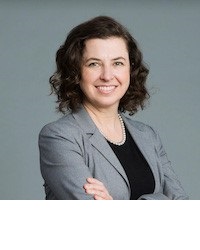
Corita Grudzen, MD, MSHS, FACEP is Associate Dean, Clinical Sciences; Vice Chair, Research, Ronald O. Perelman Department of Emergency Medicine; and Professor with tenure, Emergency Medicine and Population Health, NYU Grossman School of Medicine. Her program of research focuses on understanding and improving the quality of care for patients with serious, life-limiting illness received in the ED setting, specifically focusing on matching goals of care to treatments. Dr. Grudzen graduated from Stanford University; received her MD from the University of California, San Francisco, and a Master’s of Science in Health Sciences (MSHS) from the University of California, Los Angeles. A graduate of the Emergency Medicine Residency at New York University/Bellevue Hospital Center, she served as chief resident, and completed the Robert Wood Johnson Clinical Scholars Program in health services research at the University of California, Los Angeles. She was Chair of the 2016 Society for Academic Emergency Medicine Consensus Conference, which brings together leaders within and outside emergency medicine to set the research agenda for years to come. She also Co-Chaired the NCI-sponsored Comprehensive Oncologic Emergencies Research Network (CONCERN), whose goal is to accelerate knowledge generation, synthesis, and translation of oncologic emergency medicine research through multi-center collaborations. She's currently funded by the National Institutes of Health to conduct a pragmatic trial of primary palliative care for emergency medicine across 18 health systems and the Patient-Centered Outcomes Research Institute to compare the effectiveness of outpatient, specialty palliative care to nurse-delivered telephonic care in patients discharged from over 15 Emergency Departments.
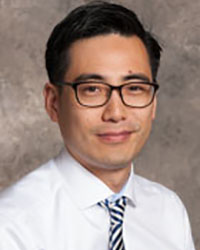
Arthur S. Hong, M.D., M.P.H., is an Assistant Professor in the Departments of Internal Medicine and Population and Data Sciences at the University of Texas Southwestern Medical Center.
He earned his medical degree at the University of Michigan, followed by residency in internal medicine at the Mayo Clinic. He completed research training through a fellowship in general internal medicine at Harvard Medical School, including a Master of Public Health degree in Clinical Effectiveness from the Harvard School of Public Health.
Dr. Hong’s broad research interests include understanding how patients and clinicians interact within the health care system – including care delivery innovation, improving the value and quality of care, and evaluating program and health policy changes.
He received a Texas Health Resources Clinical Scholar award in 2017, and a Clinician Scientist Development Grant from the American Cancer Society in 2020, the latter to pursue research in optimizing emergency department use among adult cancer patients in a safety-net health system.
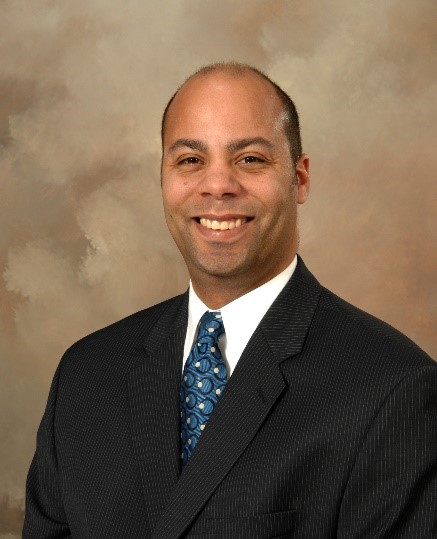
Matthew F. Hudson is the Director of Cancer Care Delivery Research (CCDR) at Prisma Health (Greenville, South Carolina), and Associate Professor of Medicine at the University of South Carolina School of Medicine Greenville. Dr. Hudson conducts and oversees research on patient, provider, and organization-based interventions improving cancer care outcomes and patient well-being. Dr. Hudson serves on multiple NCI Community Oncology Research Program (NCORP) committees, including service as Vice Chair of the NCORP Research Base NRG Oncology’s CCDR Committee. He is also an Editorial Board member of JNCI Cancer Spectrum.
Dr. Hudson is an alum of NCI’s Multilevel Intervention Training Institute, and previously served the Patient Centered Outcomes Research Institute (PCORI) as a member of their Patient Engagement Advisory Panel. Dr. Hudson holds an additional faculty appointment at the University of South Carolina’s Arnold School of Public Health, where he previously taught an introductory course in comparative effectiveness research. He also holds faculty appointments at Clemson University School of Nursing, Clemson University Department of Public Health Sciences, and Wake Forest School of Medicine Department of Implementation Science.
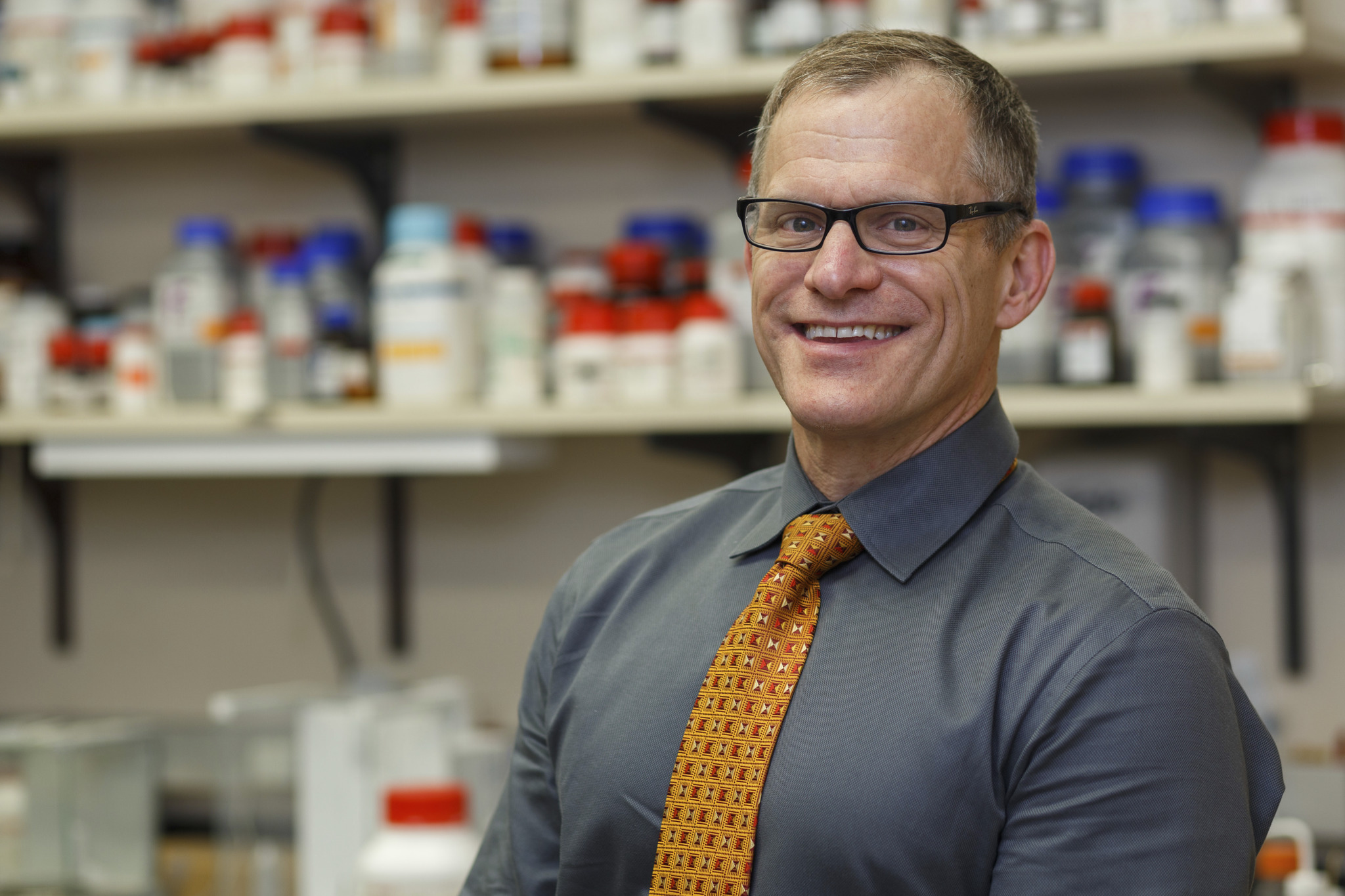
Dr. Jeffrey Kline received his MD from the Medical College of Virginia, and then did an emergency medicine residency followed by a research fellowship the Carolinas Medical Center. He now serves as Associate Chair of Research and Brooks Bock Chair of emergency medicine at Wayne State University School of Medicine. He is the present Editor In Chief of Academic Emergency Medicine.
His diagnostic research interests focuses on the diagnosis and treatment of venous thromboembolism in the emergency care setting and mentoring physician-scientists in emergency care. What he does best is grow heirloom tomatoes.
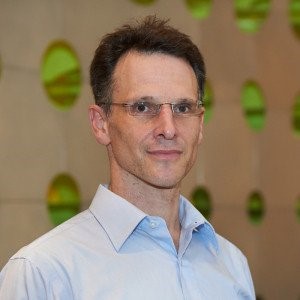
Dr. Adam Klotz received his medical degree from Mt. Sinai School of Medicine in 1996 and subsequently trained in internal medicine at New York Presbyterian/Weill Cornell Medical Center in New York City. Since 1999, Adam has been a full time faculty member in the emergency department at Memorial Sloan Kettering Cancer Center, known as MSK’s Urgent Care Center. He has held numerous leadership roles at MSK during the past twenty two years including Director of the Clinical Decision Unit and Medical Director of the Hospital Command Center. His research interests include the prevention of avoidable hospitalizations and inpatient capacity management.
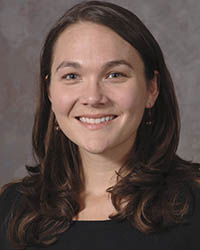
Dr. Rebecca Lash, PhD, MPP, RN is an assistant professor at the Indiana University, School of Nursing, Fort Wayne. Dr. Lash obtained her doctorate in Nursing Science and Healthcare Leadership from the Betty Irene Moore School of Nursing, University of California at Davis (2015), a Master’s of Nursing in Clinical Nurse Leadership from the University of Virginia (2008) and a Master’s of Public Policy from Georgetown University (2006). Prior to her faculty role, she worked in emergency nursing and nursing professional development, in both community and academic medical centers, for over 12 years. Her primary research interests include patterns of Emergency Department utilization by recently diagnosed patients with cancer, predictors of ED use by patients with cancer and improving quality of care for this population.
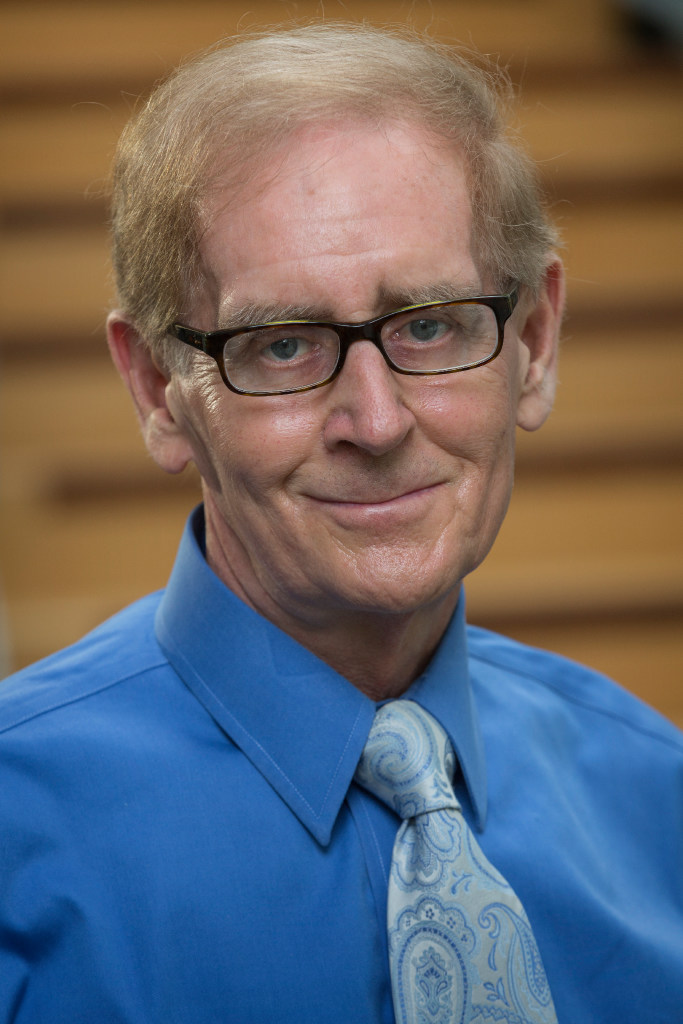
Dr. Lyman is Professor of Public Health Science and Clinical Research at the Fred Hutchinson Cancer Research Center where he is also Senior Lead of Healthcare Quality and Policy at the Hutchinson Institute for Cancer Outcomes Research. He also is Professor of Medicine and Adjunct Professor of Public Health and Pharmacy at the University of Washington and at the Duke University School of Medicine. Dr. Lyman is an Executive Officer for the SWOG Cancer Research Network with responsibility for Immunotherapy, Cancer Care Delivery & Symptom Management and QOL studies and is supporting SWOG’s involvement in the NCI ComboMATCH and SWOG’s leading effort in the forthcoming NCI ImmunoMatch along with related efforts on immune-related adverse events. He is a member of the Board of Directors of The Hope Foundation for Cancer Research. Dr Lyman has published more than 600 articles in the medical literature with nearly 75,000 citations. He is listed by Web of Science among the top 1% of cited investigators and has also authored/edited more than 20 medical texts and over 70 book chapters. Currently Dr. Lyman is a founding member of COVID-19 and Cancer Consortium represents the largest global registry of patients with cancer and confirmed COVID-19.
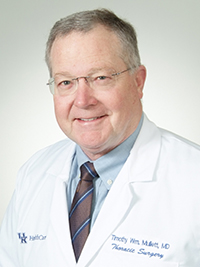
Timothy W. Mullett, MD, MBA, FACS, is a professor of surgery in the Division of Cardiothoracic Surgery at the University of Kentucky (UK). He received his medical degree and surgical training at the University of Florida, and has served on faculty at UK for the past 25 years. Although he has experience in cardiac surgery and transplantation, Dr. Mullett’s clinical practice and research focuses on the overwhelming burden of lung cancer in Kentucky. He is a member of the UK Markey Cancer Center – Kentucky’s only National Cancer Institute-designated cancer center – and is chair of UK’s cancer committee. He served as Commission on Cancer (CoC) state chair for six years and was awarded Outstanding State Chair in 2019. In October of 2019, Dr. Mullett was elected to serve as the next national Chair of the CoC, a role he assumed in November 2020.
Currently, Dr. Mullett is the medical director of the Markey Cancer Center Affiliate Network and medical director of the Markey Cancer Center Research Network. Dr. Mullett’s research interests include studying quality implementation of lung cancer screening. He is principal investigator of the Kentucky LEADS Collaborative, a portfolio of studies to reduce the burden of lung cancer in Kentucky. For three years, he has been the clinical champion for the L.A.U.N.C.H. Collaborative, working with the NCI, the Federal Communications Commission, Amgen, and other stakeholders to study barriers to cancer care and the impact of limited broadband access.
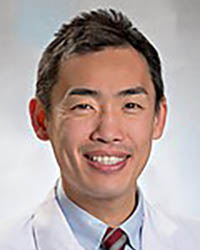
Dr. Ouchi is a clinician-scientist and clinically active as an associate physician in the emergency department (ED) and a home hospital physician in the Department of Medicine at Brigham and Women’s Hospital. Dr. Ouchi’s research focuses on identifying older adults who would benefit from these conversations and empowering them to formulate their goals for medical care in the ED. Dr. Ouchi is a recipient of numerous awards, including the Paul B. Beeson Emerging Leaders Career Development Award in Aging from the National Institutes on Aging (K76AG064434), the Sojourns Scholars Leadership Award from the Cambia Health Foundation, and the Fulbright U.S. Scholar Award from the U.S. Department of State Bureau of Educational and Cultural Affairs. Dr. Ouchi’s career goal is to expand the scope of ED-based care from acute, disease-oriented care (e.g., gunshot wounds) to include patient-centered care (e.g., value-based, end-of-life care) for seriously ill older adults by integrating geriatrics and palliative medicine principles.
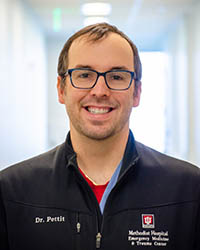
Dr. Nick Pettit is an emergency medicine physician who practices at Eskenazi Hospital, the safety-net hospital for the greater Indianapolis area. His research focus is on cancer prevention, cancer screening, and addressing the transitions of care for patients with suspected cancer. Through his work at Indiana University, the have identified lung cancer is the most common ED-associated cancer diagnosis, and is focusing on reducing the burden of ED-associated lung cancer diagnoses through tobacco cessation, increasing the awareness and opportunities for lung cancer screening, and developing “cancer pathways” for newly suspected patients with cancer.
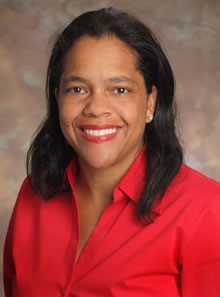
Dr. Tammie E. Quest is the Montgomery Chair in Palliative Medicine and Professor in the Department of Family and Preventive Medicine and the Department of Emergency Medicine. She is the Chief of Palliative Medicine for the Division of Palliative Medicine in the Department of Family Medicine. She is the Past President of the American Academy of Hospice and Palliative Medicine and Director of the Emory Palliative Care Center for Emory’s Woodruff Health Sciences Center (WHSC).
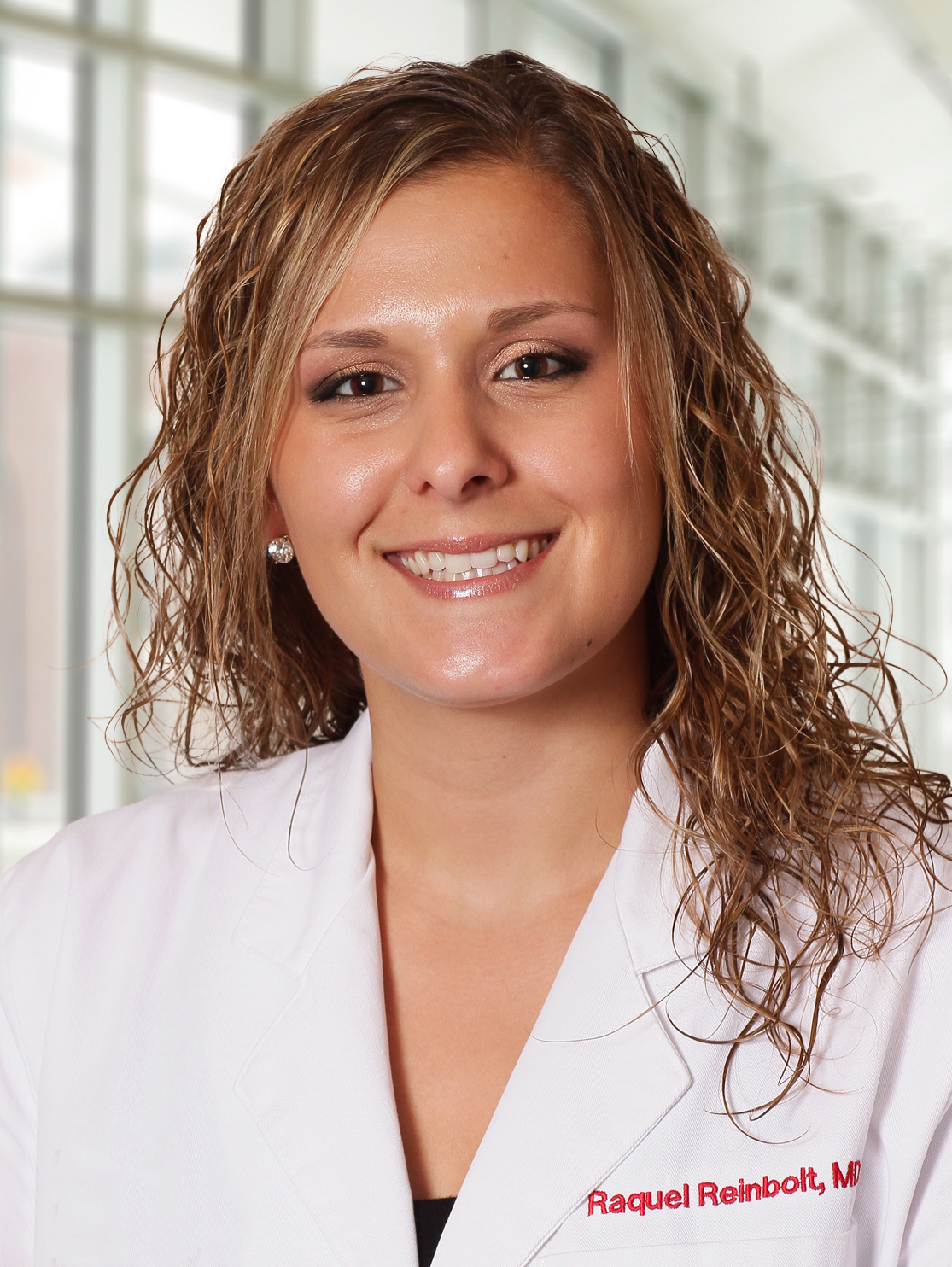
Raquel Reinbolt MD serves as the Medical Director for the James Cancer Care Continuum, James Immediate Care Center, and James Cancer Diagnostic Center. She also leads clinical operations for the James Hospitalist service line. Through her leadership roles, Dr Reinbolt focuses on providing innovative mechanisms by which to deliver personalized, interdisciplinary care throughout the varying healthcare settings experienced by cancer patients. Dr Reinbolt received her medical degree from Loyola University’s Stritch School of Medicine and completed an Internal Medicine and Chief Residency at Ohio State. She then completed a combined Hematology and Medical Oncology Fellowship, as well as a Breast Medical Oncology Fellowship at Ohio State. She has clinical and research expertise in breast cancer, therapy-related sequelae, and supportive care.
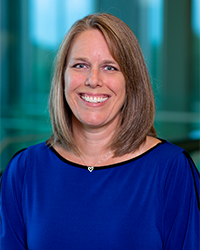
Nonniekaye Shelburne, CRNP, MS, AOCN® is a Program Director in the Clinical and Translational Epidemiology Branch (CTEB) in the Division of Cancer Control and Population Sciences (DCCPS). Mrs. Shelburne is an Acute Care Nurse Practitioner and Oncology Clinical Nurse Specialist with specialization in hematology, oncology, and blood and marrow transplantation. Her research focus is on cancer survivor outcomes including treatment related early and late effects and clinical and genomic risk stratification.

Dr. Tan completed her residency training at Kings County Hospital Center/SUNY Downstate Medical Center in Brooklyn, NY and her hospice and palliative medicine fellowship at New York Presbyterian Columbia University Irving Medical Center in New York, NY. She is the Director of the Emergency Medicine Palliative Care Division within the Ronald O. Perelman Department of Emergency Medicine at NYU Langone Health. She is currently a co-investigator for a PCORI-funded study comparing outpatient palliative care to a telephonic nurse-led care management program and an NIH-sponsored Primary Palliative Care for Emergency Medicine (PRIM-ER) trial focused on augmenting primary palliative care skills for emergency physicians. Her interests lie primarily within the intersection of palliative medicine and emergency medicine with a focus on developing and implementing novel clinical solutions to address this critical intersection.
Dr. Charles R. Thomas Jr. is full-time academic clinician and serve as the Section chief of the radiation oncology program at a NCI Designated Cancer Center, the Norris Cotton Cancer Center, Geisel School of Medicine at Dartmouth, & the Dartmouth-Hitchcock Medical Center. His clinical and translational research involves studying the interactions between novel systemic therapeutics and ionizing radiation. Additional clinical research interests include the design and execution of protocols for translational research-based national cooperative group combined modality therapeutic clinical trials involving GI and thoracic cancers.
Via intramural and extramural (ASCO, ASTRO, RSNA, SNMA) venues, Dr. Thomas actively working to develop strategies to address barriers to participation in cancer clinical trials amongst minority and ethnic populations in the U.S. His health services research interests involve the development of pipeline strategies to increase the pipeline of highly-qualified investigators from under-represented minority groups into radiologic sciences and cancer medicine. Dr. Thomas has an interest in patient-provider communication; burnout assessment and management in academic leaders; and the interaction of mentoring and academic productivity. As such, Dr. Thomas is active in sustained mentorship, promoting the careers of promising physician-scientists and lead my department’s efforts in mentorship and sponsorship. I’m the senior editor on the textbook, Career Development in Academic Radiation Oncology (Springer 2021).
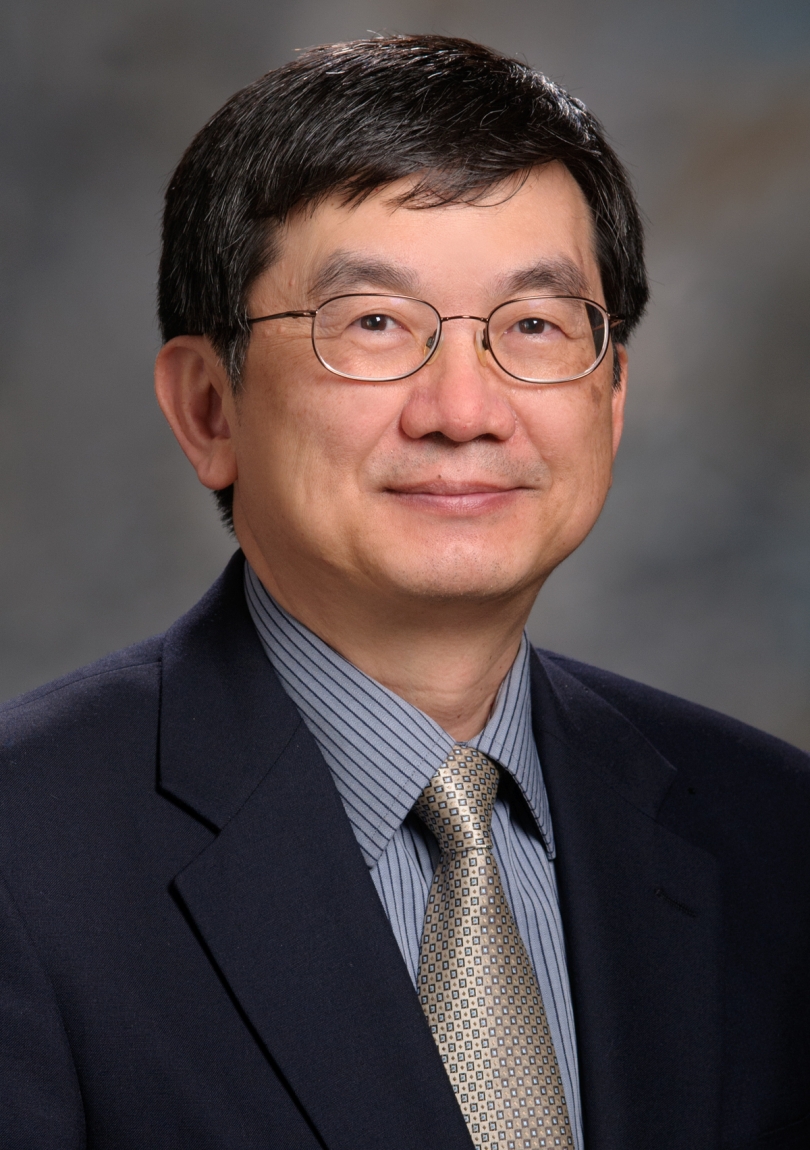
Dr. Sai-ching Yeung a physician-scientist with background in endocrinology/metabolism and cancer research. His recent research has focused on the impact of diabetes and obesity on cancer. His laboratory has the capability and expertise in performing measurements of various metabolic hormones, adipokines and inflammatory cytokines. He also has experience in the analysis and interpretation of biomarkers in the context of cancer and treatment-related complications. His expertise in clinical medicine, endocrinology and metabolism, and translational research contributes to many projects. Particularly relevant to a recent project, Dr. Yeung has extensive experience with measuring and interpreting hormones, cytokines and biomarkers.
Dr. Yeung is a provider in the MD Anderson Emergency Center and a Professor in the Department of Emergency Medicine. He also has a joint-appointment in the Department of Endocrine Neoplasia and Hormonal Disorders. He is board-certified in Internal Medicine and has a subspecialty board-certification in Endocrinology and Metabolism. Dr. Yeung joined MD Anderson in 1997 and has completed numerous publications.
